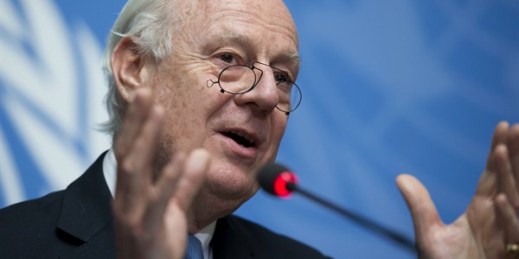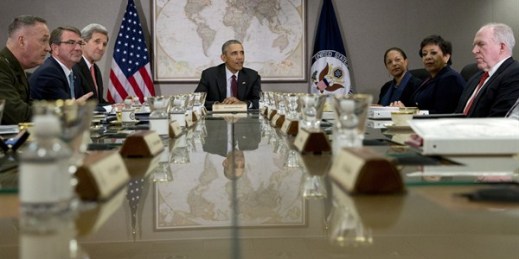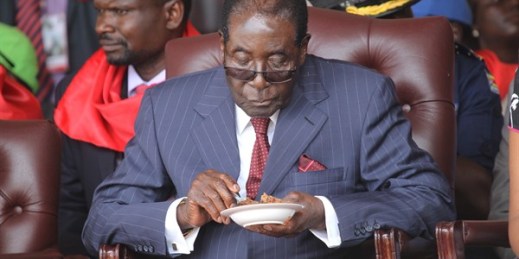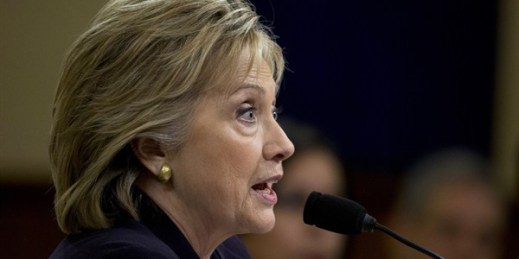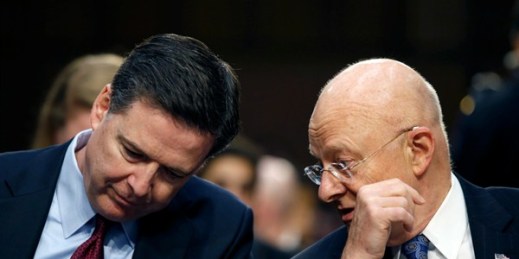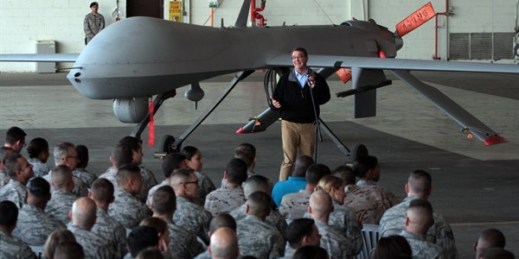
The use of unmanned aerial vehicles for lethal purposes has generated passionate debates about how this not-so-new technology has changed the rules of war, creating a demand for new global norms. On the domestic front, drone technology raises difficult public policy issues related to commerce, ethics, air safety and good government. The Obama administration’s recent decision to release its policy guidance for drone use will help temper public misgivings, but the debate will continue. Last week, the Obama administration indicated that it will release the policy guidance used by U.S. national security agencies for use of unmanned aerial vehicles in […]

